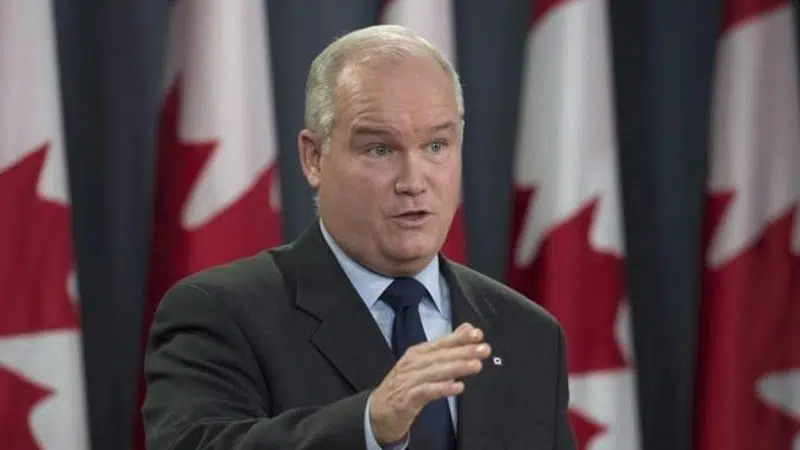
Two Conservative riding associations return event proceeds to donors
OTTAWA — A pair of Conservative campaigns that were forced to refund the proceeds from two separate fundraising events earlier this year say Canada’s new political financing law should not be applied retroactively.
Two Ontario riding associations returned proceeds from the January events — one attended by Conservative deputy leader Lisa Raitt in Mississauga—Streetsville, the other featuring foreign affairs critic Erin O’Toole in his Durham riding.
Because of loose ends arising from their bids for the Conservative leadership in 2017, Raitt and O’Toole were still considered leadership candidates at the time of the fundraisers, under Elections Canada’s interpretation of Bill C-50, which took effect in December.
That law, introduced last summer by Electoral Reform Minister Karina Gould, requires events that feature a prominent attendee — a leadership contestant, a party leader, an interim leader, or a cabinet minister — to be reported to Elections Canada, which the riding associations did not do.


